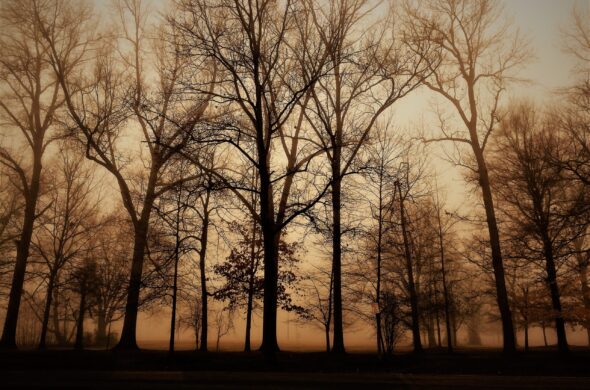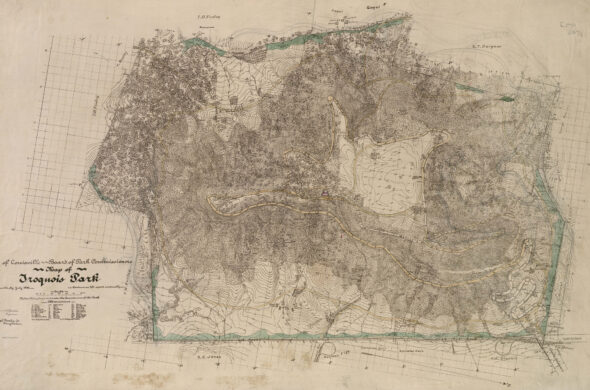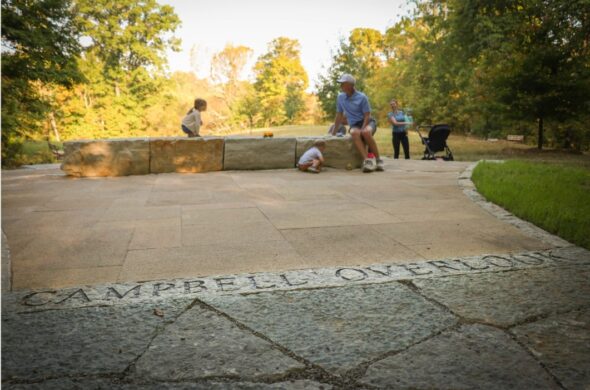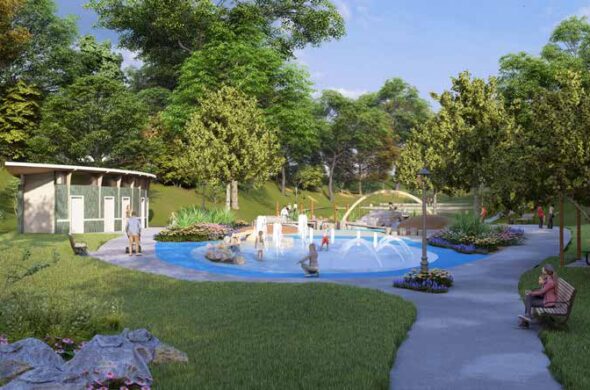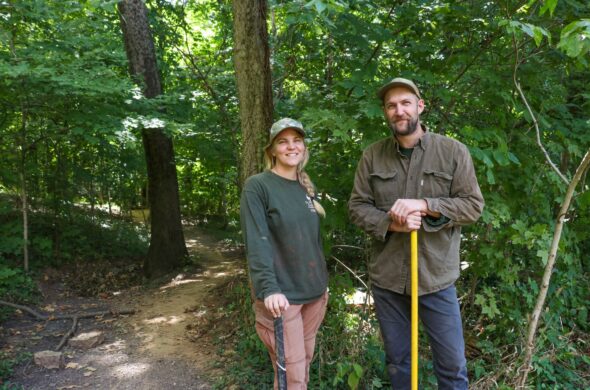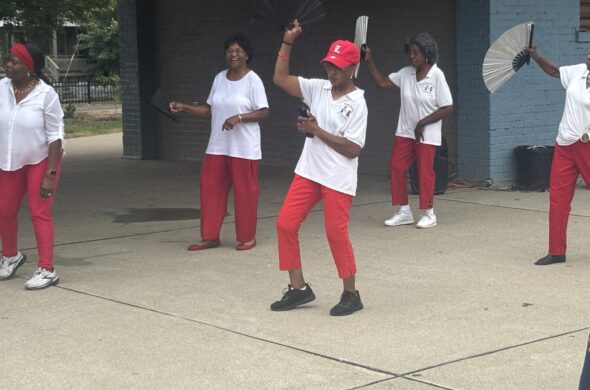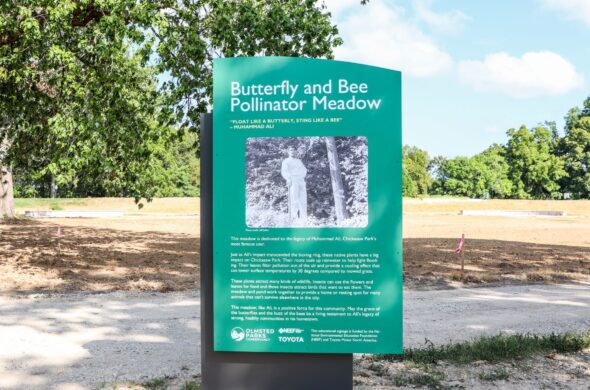In January 2023, the Parks Alliance of Louisville released a Call to Action Plan based on their comprehensive analysis of the physical condition of every Metro park, the issues affecting those who live near parks, and community input. It makes a powerful case for the need to address funding and other gaps in management, staffing, and services to residents and park users, with special attention to the importance of equity in access to financial resources, especially for parks that have received little to no investment.
We wholeheartedly support this plan and are grateful to the Parks Alliance for elevating this conversation and obtaining a commitment from Mayor Greenberg and Metro Council to use the plan as a guideline for decision making and budget allocations. We applaud the Mayor for his budget’s bold commitment to the report’s findings and recognition of the importance of Olmsted Parks Conservancy in advancing the goals set forth in the Park Alliance’s report.
Louisville’s original park system was designed by the father of American landscape architecture, Frederick Law Olmsted, who had a bold vision to provide urban communities high-quality, equitable, and accessible green spaces that would strengthen environmental, economic, social, and health outcomes for all.
Olmsted Parks Conservancy was founded in 1989 because the city wasn’t doing enough to protect and restore our seventeen historic Olmsted parks. The city recognized then and today that having a non-profit partner was the key to better parks. Indeed, we were modeled after the successful Central Park Conservancy in New York City. While city funds should cover the maintenance and care of our parks, the reality is that they don’t, and they haven’t in a long time. This is why we exist.
Since our founding, we have raised and overseen more than $50 million of investment into our Olmsted Park system, with more funds being allocated towards parks in West Louisville than any other part of town. All our parks are in the urban core, the most diverse part of our community. And our flagship parks – Iroquois, Shawnee, and Cherokee – are the largest urban public parks and attract visitors from all over the region.
Olmsted Parks have seen more investment over the past 30 years than non-Olmsted parks. That is because in fulfilling our nonprofit mission to enhance, preserve and protect these parks around which our city has grown, we have raised private dollars to expand what the city is able to do. For 34 years, we have advocated for increased funding for capital investments, better maintenance, operations, safety, and increased access. The Olmsted-designed system of parks and parkways is nationally recognized as the best realization of Olmsted’s vision. Our city is lucky to have them, and we have a responsibility to care for them.
Louisville can and must do better. We cannot continue to fall behind peer cities in caring for our public parks – they add immensely to our quality of life and are more important than ever in the fight to adapt to the impact of climate change. We applaud the Mayor for his commitment to our parks and urge Metro Council to follow the guidelines set forth in the Parks Alliance report for increased park funding and programming.
We will continue to do what we do best – partnering with Louisville Parks and Recreation to ensure that our historic Olmsted park system is protected and restored so that this gift we were given is here for future generations.
Find something similar: News


